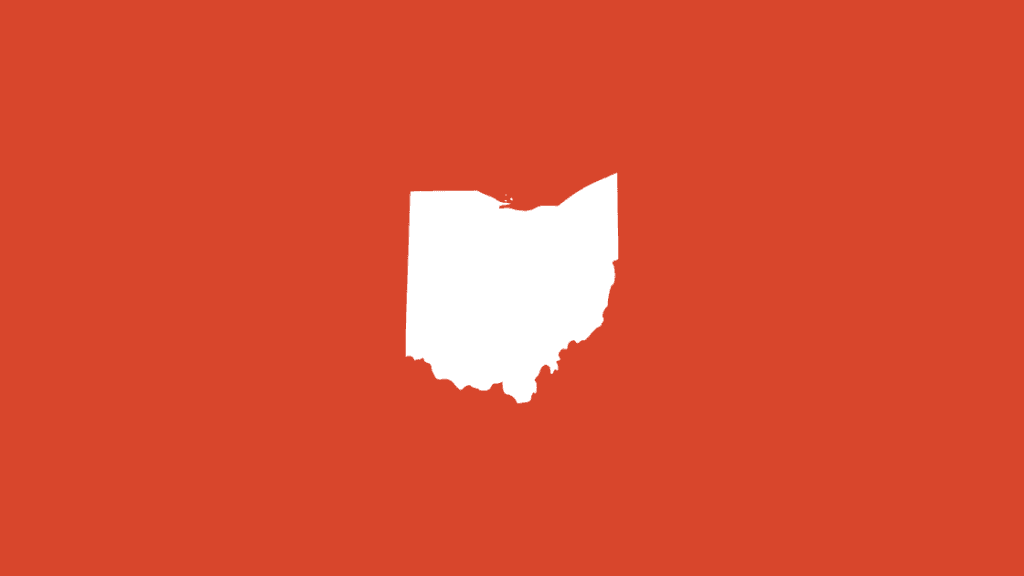Did Prohibition Doom The Soviet Union?
 Anyone who has ever read Pushkin, Dostoyevsky or Tolstoy knows of the long history of alcohol abuse in Russia. In the late Soviet era there were 40 million officially recognized alcoholics in a nation of 270 million. Upon becoming leader of the Soviet Union, Mikhail Gorbachev undertook to address the problems of premature death, crime, poverty, absenteeism and ruined families caused by alcohol. On April 4, 1985 Mikhail Gorbachev imposed a Soviet style prohibition upon the people.
Anyone who has ever read Pushkin, Dostoyevsky or Tolstoy knows of the long history of alcohol abuse in Russia. In the late Soviet era there were 40 million officially recognized alcoholics in a nation of 270 million. Upon becoming leader of the Soviet Union, Mikhail Gorbachev undertook to address the problems of premature death, crime, poverty, absenteeism and ruined families caused by alcohol. On April 4, 1985 Mikhail Gorbachev imposed a Soviet style prohibition upon the people.
Gorbachev tripled the price of vodka. Communist party officials destroyed the historic vineyards in Georgia and cracked down on the production of beer. He was warned that this action would wreak havoc with the Soviet economy costing an estimated 15 billion Rubles within five years. He was undeterred. “We know there’s no money to cover it. But you’re not proposing anything other than to keep the people drunk. Do you propose to build Communism on vodka?” The debate ended and Gorbachev began his prohibition campaign.
What resulted was nothing short of a disaster and another heavy body blow to the Soviet government. As with all prohibition movements, black market vodka started appearing overnight. Home distilling became rampant. Sugar shortages resulted in rationing. Violence and corruption followed in due course. Also alarming was the escalating death rate cause by poisons passed off as alcohol. To the average citizen it represented the worst of Soviet tyranny and arbitrariness and laid bare the distrust of the entire Soviet system. The warned-of financial impact to the Soviet economy was even worse than Finance Minister Vladimir Dementsev had warned. It made clear to the communist leaders that the Soviet Union was no longer able to afford its crumbling empire. On 7 July 1989 President Mikhail Gorbachev implicitly renounced the use of force against other Soviet-bloc nations. Speaking to members of the 23-nation Council of Europe, Mr. Gorbachev made no direct reference to the so-called Brezhnev Doctrine, under which Moscow has asserted the right to use force to prevent a Warsaw Pact member from leaving the Communist fold, but stated ‘Any interference in domestic affairs and any attempts to restrict the sovereignty of states – friends, allies or any others – are inadmissible.’
One figure emerged in the wake of Soviet prohibition and stood in stark contrast to the Soviet prohibition movement – Boris Yeltsin. Under the perestroika and glasnost era of openness, Yeltsin emerged as a political opponent of Gorbachev and the system. Yeltsin was a know tippler, which also contrasted him with Gorbachev. On 29 May 1990 he was elected the chairman of the Russian Supreme Soviet. On 12 June 1991 he was elected by popular vote to the newly created post of President of the Russian Soviet Federative Socialist Republic (SFSR), at that time one of the 15 constituent republics of the Soviet Union. Between the spring of 1989 and the spring of 1991 every Communist or former communist Eastern European country, and in the case of the USSR and Yugoslavia every constituent republic, held competitive parliamentary elections for the first time in many decades. On 1 July 1991, the Warsaw Pact was officially dissolved at a meeting in Prague. At a summit later that same month, Gorbachev and Bush declared a US–Soviet strategic partnership, decisively marking the end of the Cold War.
It is a fault of logic to conclude that “Prohibition Brought Down the Soviet Empire and Ended the Cold War,” but it does make for a wonderful rhetorical device.
OVI Attorney Charles M. Rowland II dedicates his practice to defending the accused drunk driver in the Miami Valley and throughout Ohio. He has the credentials and the experience to win your case and has made himself Dayton’s choice for drunk driving defense. Contact Charles Rowland by phone at (937) 318-1384 or toll-free at 1-888-ROWLAND (888-769-5263). If you need assistance after hours, call the 24/7 DUI Hotline at (937) 776-2671. You can have DaytonDUI at your fingertips by downloading the DaytonDUI Android App or have DaytonDUI sent directly to your mobile device by texting DaytonDUI (one word) to 50500. Follow DaytonDUI on Facebook, @DaytonDUI on Twitter, YouTube, Tumblr, Pheed and Pintrest or get RSS of the Ohio DUI blog. You can emailCharlesRowland@DaytonDUI.com or visit his office at 2190 Gateway Dr., Fairborn, Ohio 45324. “All I do is DUI defense.”
Find city-specific info at the following links:
Fairborn, Dayton, Springfield, Kettering, Vandalia, Xenia, Miamisburg, Springboro,Huber Heights, Oakwood, Beavercreek, Centerville


